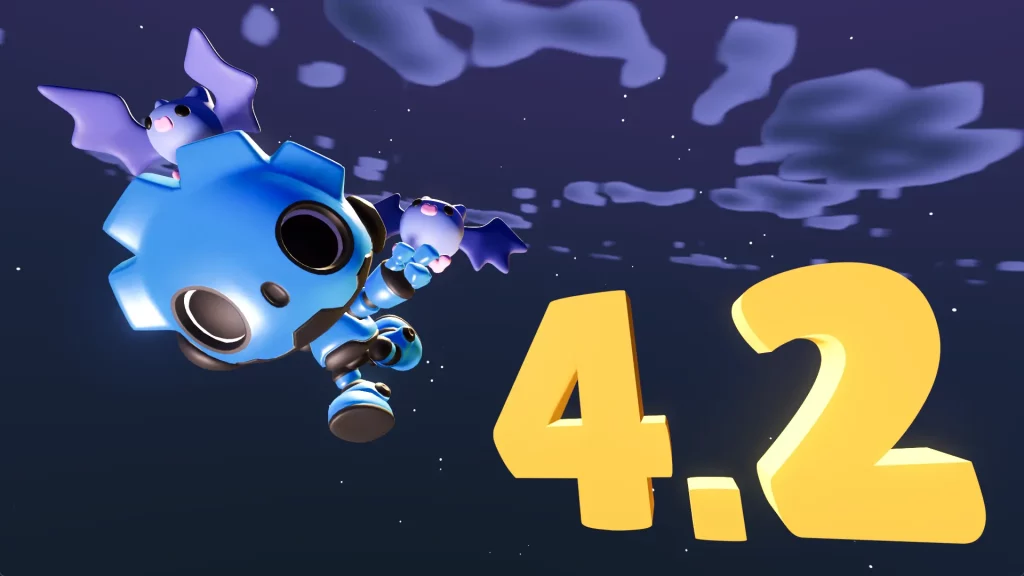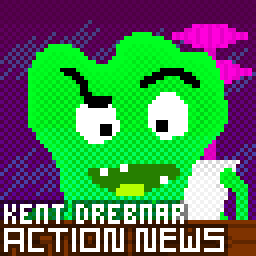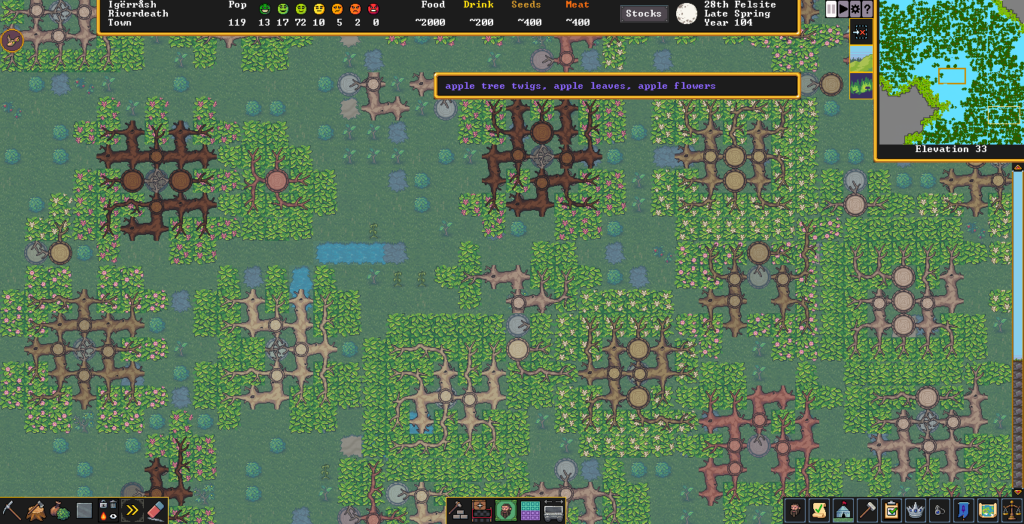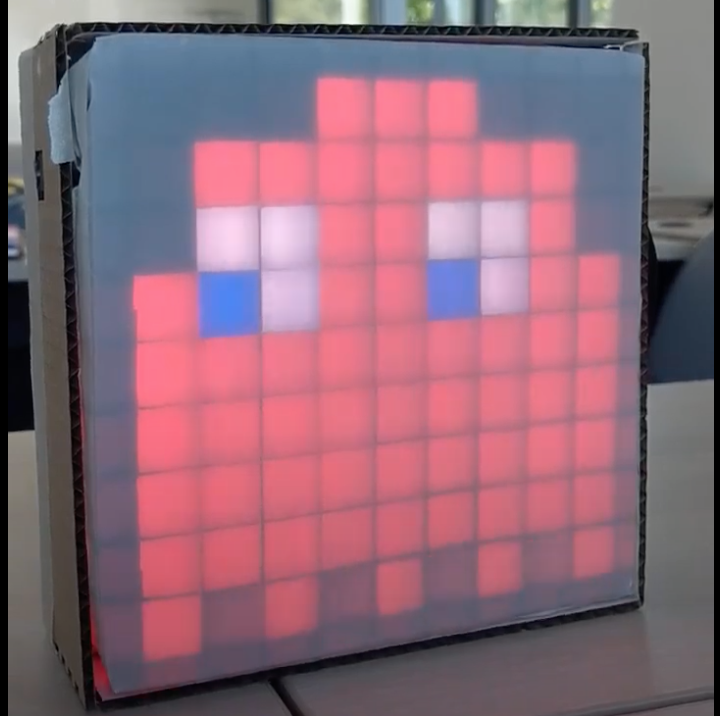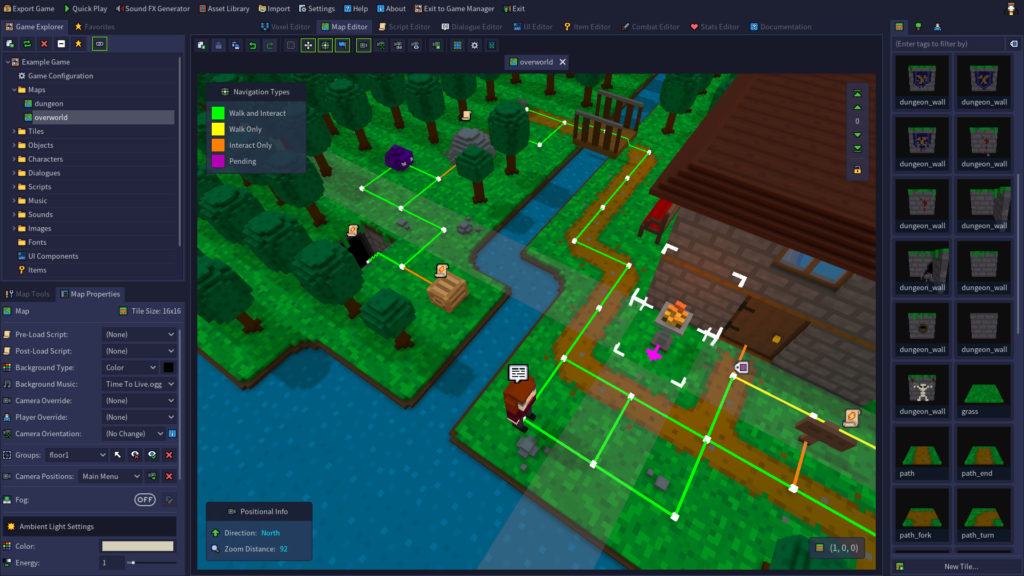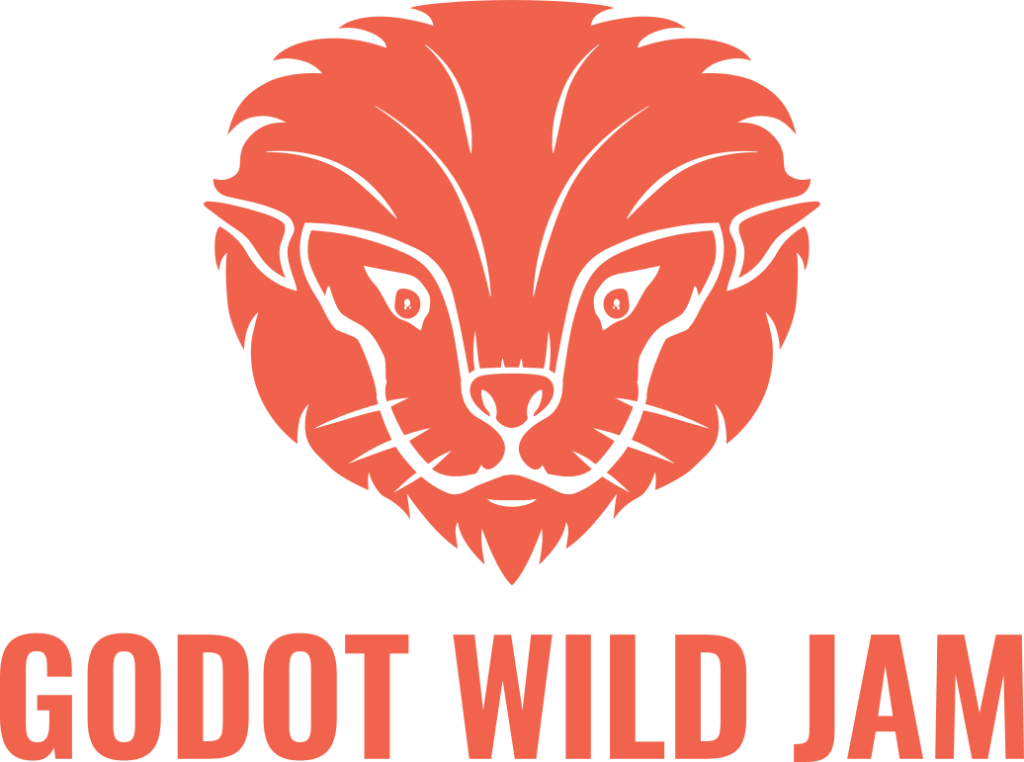The latest installment in my eternal quest to reduce the size of my notes file! Also because a lot of my day yesterday was spent in preparing for a TPUG World of Commodore demonstration of Loadstar Compleat, which I hope to show all of you soon, but meaning that I need something relatively low-effort for today.
1. Godot Lesson 1: The Basic Basics, a non-video tutorial for getting yourself started with the best Unity alternative.
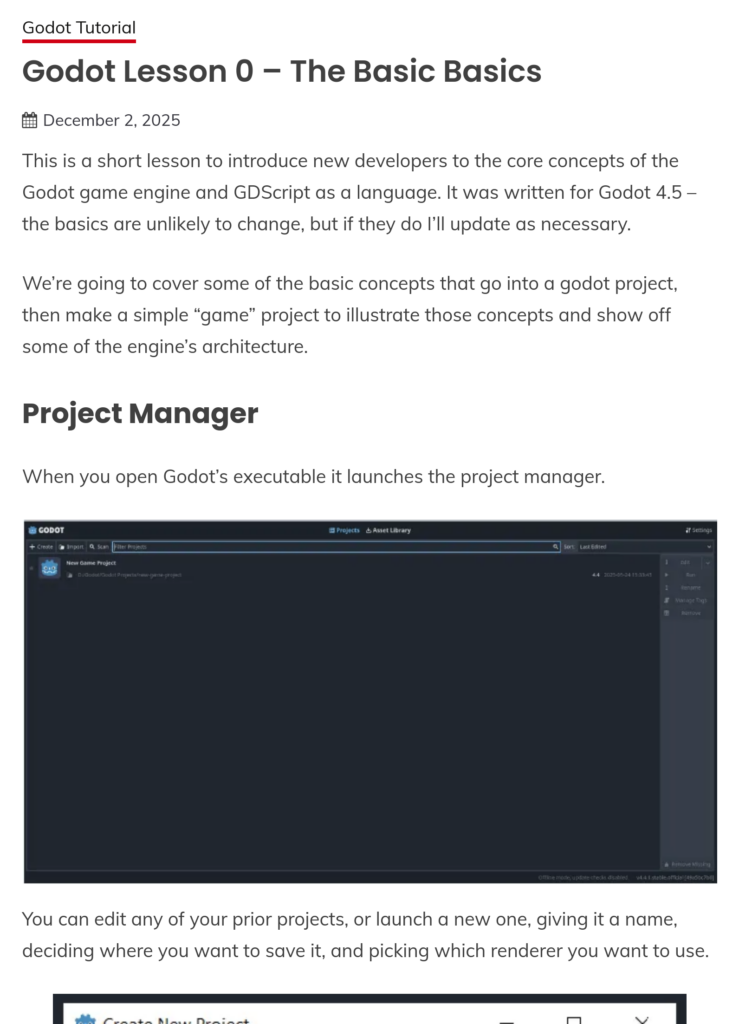
2. NESbag, a system for wrapping NES homebrew for immediate play by others without having to set up an emulator yourself, announces two-player support.
3. A “demake” of Zelda’s Adventure for CDi to make it a much more playable, Link’s Awakening-style game for Gameboy Color.

4. Along those lines, from Gumpy Function, maker of Grimace’s Birthday (previously), two Simpsons fangames for Gameboy, Lee Carvallo’s Putting Challenge 2, and the My Dinner with Andre game that Martin was seen playing on an arcade cabinet.
5. He uses AI-generated images to provide visual interest, which is usually a strike against a link for me, but I know he means well so I’ll give him a pass this time. Youtuber Lupe Darksnout presents a series on getting video to play on a Commodore 64. (playlist link, 48 videos averaging about 17 minutes each, about 10½ hours in all)
6. Abyssoft on Youtube, Multiple World Record Speedruns Brought Into Question. (18 minutes) There is a sponsored segment that’s about a minute long, here’s a link queued up to after it.

